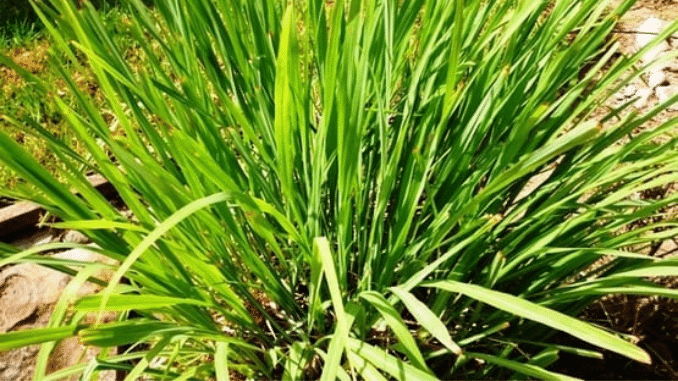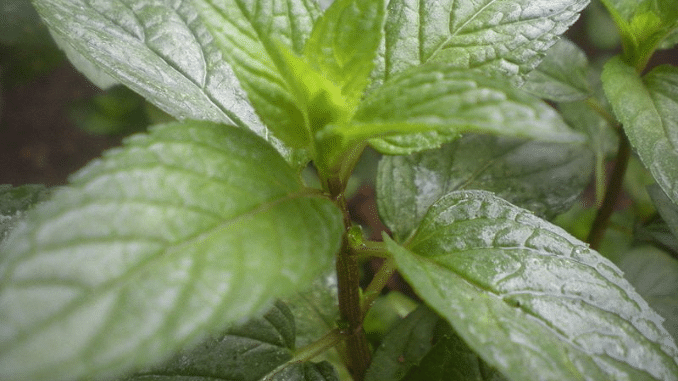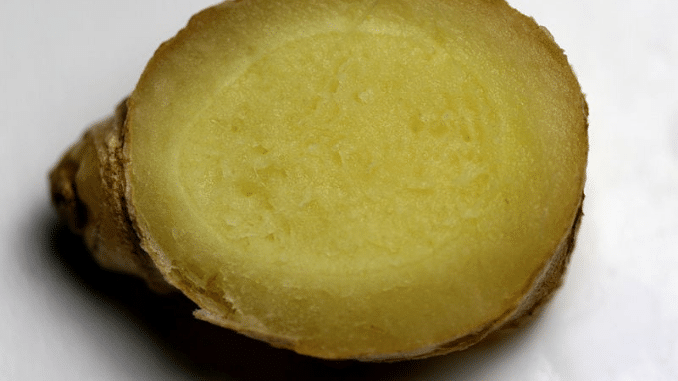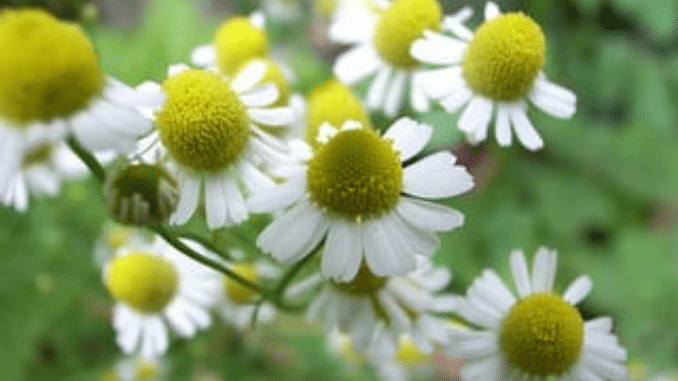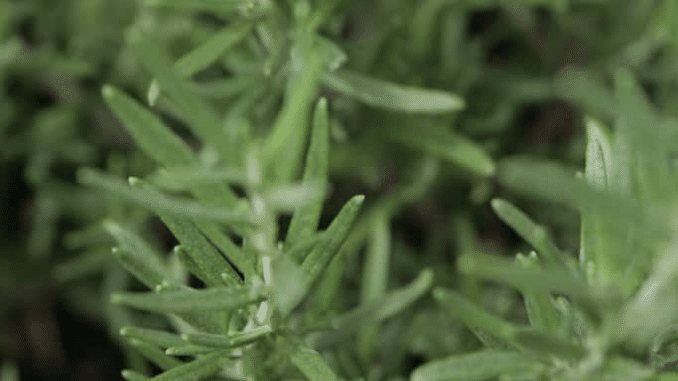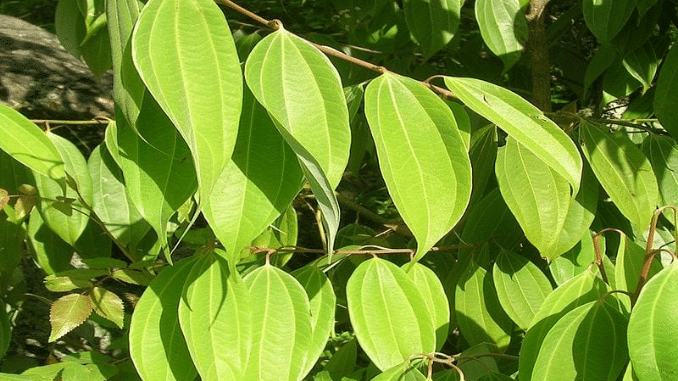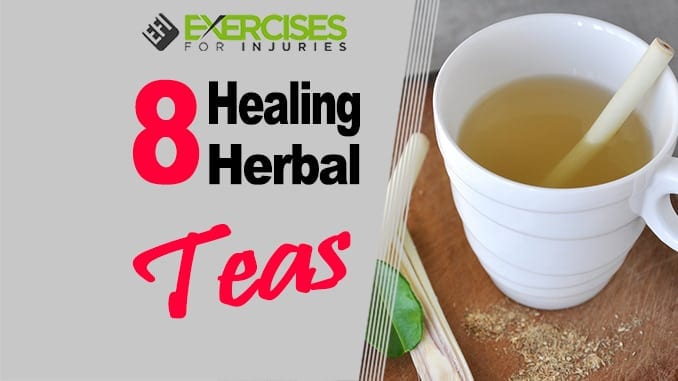
There are different kinds of teas available in stores. Sometimes, individuals may also make their own tea by using ingredients already available in their homes or ingredients purchased from a grocery store.
Teas can have certain health benefits. In particular, teas that are made from herbs can be particularly aromatic, delicious and with good potential for improving a person’s health. With so many herbs at your disposal, you could try many different kinds of teas before you settle for as many favorites as you desire.
Herbal teas may be made from different ingredients including lemongrass, turmeric, lemon, chamomile, clove, rosemary, ginger, garlic, oregano, cinnamon, peppermint, goldenseal, blackberry leaves and fruit, Echinacea, sage, passion flower and thyme. Apart from usually tasting good and possibly with the help of sweeteners or fruit, herbal teas do have healing properties and characteristics such as anti-bacterial, anti-septic, anti-fungal, anti-viral, pain killing and soothing properties.
There are certain herbal tea ingredients that can make blood circulation better, serve as an immune booster, provide vitamin supplements and calm your nerves as well.
Are you ready to learn more about teas with herbal ingredients that can provide these health benefits?
The following are 8 healing herbal teas:
#1 – Lemongrass
Relieves digestive ailments with a multi-power punch. Naturally an antimicrobial agent, lemongrass can fight a number of ailments and also has anti-inflammatory properties. In addition, this plant can be anti-fungal, anti-bacterial and anti-parasitic in nature, with the ability to remove toxic compounds from the liver, pancreas and kidneys.
Lemongrass has also been known to help open up or dilate blood vessels and improve the circulation of blood. To increase vitamin C intake, drops of lemon can be added to hot tea. Iced lemongrass tea is also a possibility. Still part of the lemon family, lemon balm tea has benefits such as reduced restlessness and anxiety. To make lemongrass tea, use one tablespoon of lemongrass in a cup of boiled water. Also, lemongrass may be combined with mint leaves in a pot of water and brought to boil. Great as a digestive aid and for reducing flatulence, lemongrass is well known for providing relief from headaches.
#2 – Peppermint
Eliminates indigestion and stops nausea. With the distinct taste and aroma of the digestive aid contained in mint leaves and also known as menthol, you get relief from gas and indigestion when consuming peppermint tea.
Peppermint, also referred to as Mentha Piperita, has the ability of stopping episodes of nausea and vomiting. To make peppermint tea, simply place a tablespoon of mint leaves in a cup of boiling water. The stems of this plant may also be steeped in water and brought to a boil to create this soothing, herbal tea. Fresh peppermint leaves could also be left to dry in the sun for a day and then added to boiling water.
#3 – Ginger
Relieves pain and viral infections. With high anti-viral properties, ginger is able to prevent or treat the occurrence of inflammation and colds. If you have a sore throat, ginger tea can also provide relief. It’s soothing action serves as a sedative, giving you more relief as it decreases inflammation of the mucus membranes.
There are various types of ginger teas available in stores such as spicy ginger and honey ginger teas. However, you can enjoy ginger tea that is homemade and healthy. Add your own variety to ginger tea by combining it with another favorite herb. Using fresh ginger pieces cut or sliced thinly, place these sliced pieces of ginger in one or two cups of water and bring to a boil. A bit of lime juice or any preferred additional herb and a sweetener may be added for taste. Watch digestive problems diminish with your cup of ginger tea!
#4 – Sage
Promotes digestion and soothes sore throats. The sage herb is another digestive track health enforcer. It can be used as an anti-bacterial and an anti-septic agent within the body to promote proper digestion.
Sage tea can relieve or provide a soothing action for sore throats too. Some people may notice a reduction in pains or cramping. For instance, sage tea can help minimize menstrual cramps. It has also been known to help with sleep issues or problems with insomnia. People who experience night sweats and discomfort while trying to get some sleep may find this herb to be quite efficient in creating a return to a relaxing night’s sleep. Depending in the intensity of sage tea desired, you can add about 2 or 3 tablespoons of sage to a cup of boiling water. Dried sage may be used and a strainer is desirable to enable you get smooth healing herbal sage tea.
#5 – Chamomile
Acts as a natural sedative and more. With a direct impact on the stomach, chamomile tea works on the tummy muscles to get rid of indigestion and bowel problems. Especially in instances where there is no clear diagnosis of persistent stomach issues or in cases of irritable bowel syndrome, chamomile tea may provide soothing relief from its oils and components. For relief from bowel or digestive system issues, chamomile tea may need to be consumed regularly for a couple of months to get adequate relief.
To make chamomile tea, place a tablespoon of chamomile flowers in a cup of freshly boiled water. This tea can be great just before bed time and before its sedative qualities take effect. Being able to calm the nerves and soothe the digestive system also makes this a beneficial tea to take before going to bed or when trying to relax. Honey and thinly sliced apple slices may be added to fresh chamomile leaves and flowers to add taste and more flavor to this tea.
#6 – Rosemary
Relieves headaches and can be good for nerves. Rosemary is a popular herb and has been described as a powerful, healing herb. Avoid headaches and keep calm with a soothing cup of rosemary tea. Headaches that are induced by blood vessel constriction and stress may also be relieved by aromatic rosemary tea.
This herb is able to assist with blood vessel dilation. Hence, with proper blood circulation, the body is able to fight off stress, remain in a relaxed state and also be rid of headaches. A little rosemary can contain a whole lot of flavor. Hence, only a little at a time is needed to make rosemary tea.
Dried rosemary is easily available in stores and by adding only a teaspoon or less of dried rosemary to a cup of boiled water, you can be well on your way to an enjoyable and soothing cup of rosemary tea. Fresh rosemary may also be steeped in boiled or boiling water and left to simmer or infuse for at least 5 minutes. It is a possible to combine rosemary herbs with other herbs or plants including lavender or thyme to make tea. Rosemary also has fever reduction capabilities.
#7 – Echinacea
Activates bacterial and viral defence mechanism. Great for fighting or preventing colds, this native North American herb has both flower petals and leaves. The roots contain an abundance of this plant’s medicinal properties. However, either petals and leaves or both may be used to prepare a delicious and invigorating cup of Echinacea tea.
The Echinacea plant possesses properties that fight bacteria and viruses too. Echinacea tea builds up the body’s defence systems and targets various areas of infection in the body. Used for fighting ear infections, this herb is able to boost the immune system and can work in combination with other herbs or infection-fighting medications. Consuming Echinacea tea helps to activate chemical compounds that keep the body defensive against viral and bacterial attacks. To make Echinacea tea, you can dry the leaves and add one portion of these leaves to a quarter portion of spearmint and a quarter portion of lemongrass. Bring the herbs to a boil and sugar or another sweetener may be included to add taste to the tea.
#8 – Cinnamon
Naturally sedative with anti-inflammatory properties. The smell of cinnamon may more commonly be associated with baked goods and delicious pastries. However, cinnamon can also have healing herbal characteristics. Many people may not associate cinnamon with being a herb. This is probably because it is usually bought in powder form as a type of spice. It is an aromatic, culinary favorite item. A multi-power healer, cinnamon can also be used to make tea. It fights against bacteria, fungi and viruses.
Cinnamon tea can aid blood circulation and could be used to quell nausea and vomiting. Cinnamon may also be linked to brain function support, the treatment of hypertension and balancing blood sugar. Simply adding a pinch of cinnamon to other hot teas could help increase energy levels. To make cinnamon tea, you can add half a teaspoon of cinnamon to hot water. Mix in lemon juice, honey or maple syrup for taste and enjoy.
Herbal teas provide numerous health benefits. With an abundant selection of herbs and plants to choose from, it is easy to begin brewing wonderful healing cups of tea. Herbs could be infused directly into boiled water and then strained, crushed before infusing or dipped into boiled water from a tea bag.
You could try different teas and benefit from many herbal healing characteristics. From headaches to stomach upsets and nervousness to fungal, viral or bacterial infections, herbal teas can address, soothe or relieve many health related issues. So, what are you waiting for? Begin brewing your way to improved health today!
If you are looking for other foods to help you with inflammation and pain, then check out 101 Superfoods that Fight Pain & Inflammation:
Rick Kaselj, MS

